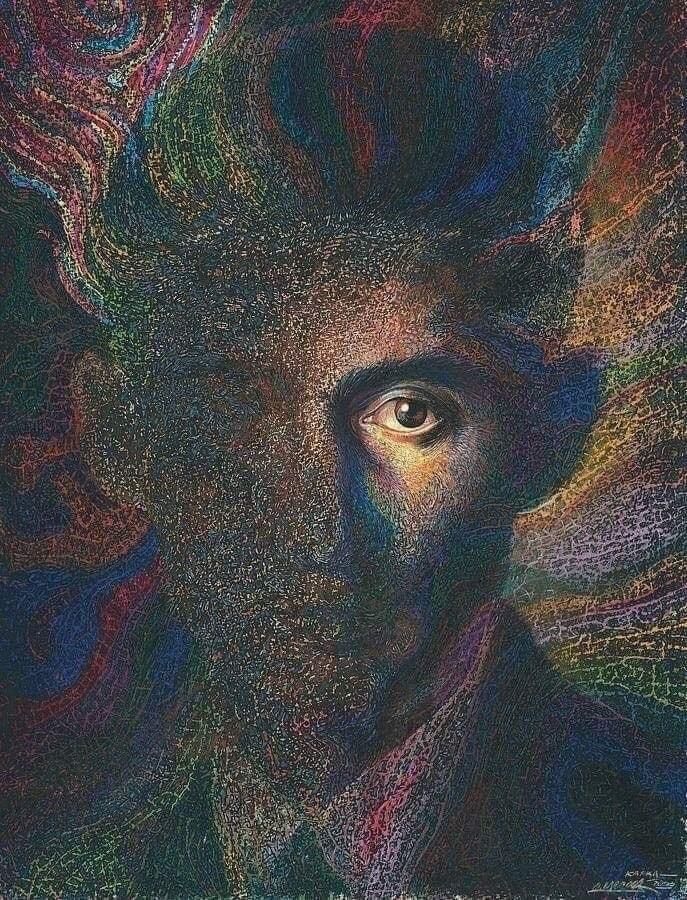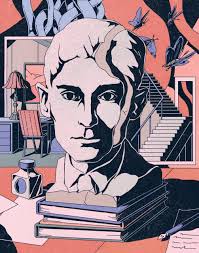Introduction.

Introduction
Gregor Samsa, one morning, wakes up and soon understands that he has changed into a giant bug. He was killed by a thrown apple by his father while he was hiding in a room.
The Story's Deeper Meaning
This story is not just about Gregor changing into an insect. This story interprets the author's inner world, experienced with his tyrant father. He made his father responsible for all he has suffered; he had suffered from a sense of guilt and lack of self-confidence since childhood.
A Psychological Analysis of Kafka's The Metamorphosis
Accordingly, The Metamorphosis can be analyzed through the lens of Freudian psychology, which is based on the premises and methodology established by Sigmund Freud (1856–1939).
The Unconscious World
This Metamorphosis is a representation of Gregor's unconscious world. According to Freud, the mind consists of two parts: the conscious and unconscious parts. He explains that the unconscious part contains people's suppressed will, feelings, horror, drives, and even our memories in the psyche.
The Story's Setting
This story's setting takes us into Gregor's unconscious world. The next morning, when he gets up from bed, he realizes he is no longer a human but a giant bug. The awakening represents waking up in the unconscious in the dream world.
Gregor's Unconscious Death
In the next image, we see Gregor at the moment of his unconscious death, where wounded Gregor was standing in front of the window and looking outside in a state of empty and peaceful reflection. His head sank, and from his nostrils flowed out his last breath.
The Unconscious and Conscious Worlds
This occurrence shows that Gregor Samsa is removing himself from the unconscious world into the conscious one. So, Kafka attempts to portray the unconscious world as inaccessible to anyone except through dreams.
The Sense of Guilt in Freud's Psychology
In his model of the human mind, Freud divided the psyche into three parts: the id, ego, and superego. According to him, the superego is the ethical censoring office, the store of conscience and pride, and the representation of all moral confinements; it is the advocate of the drive toward perfection.
Kafka's Father and the Superego
In this sense, Kafka's father embodies the superego, which suppresses Kafka's desires. According to Freud, the superego reveals itself by punishment, which can make sense of blame within a person. This sense of guilt is clear in Kafka's claim of life; he has been witnessing a sense of blaming himself since he was a child, which is the result of his need for self-confidence, and he famously claimed that his father is responsible for all of this.

Conclusion
In summary, this analysis has endeavored to interpret The Metamorphosis through the lens of Freudian psychological theories, revealing the complex and deeply personal themes that underlie Kafka's work. The novella serves as a powerful reminder of the importance of integrating the conscious and unconscious mind, highlighting the difficulties of reconciling the primitive, instinctual aspects of human nature with the demands of civilized society.


You must be logged in to post a comment.